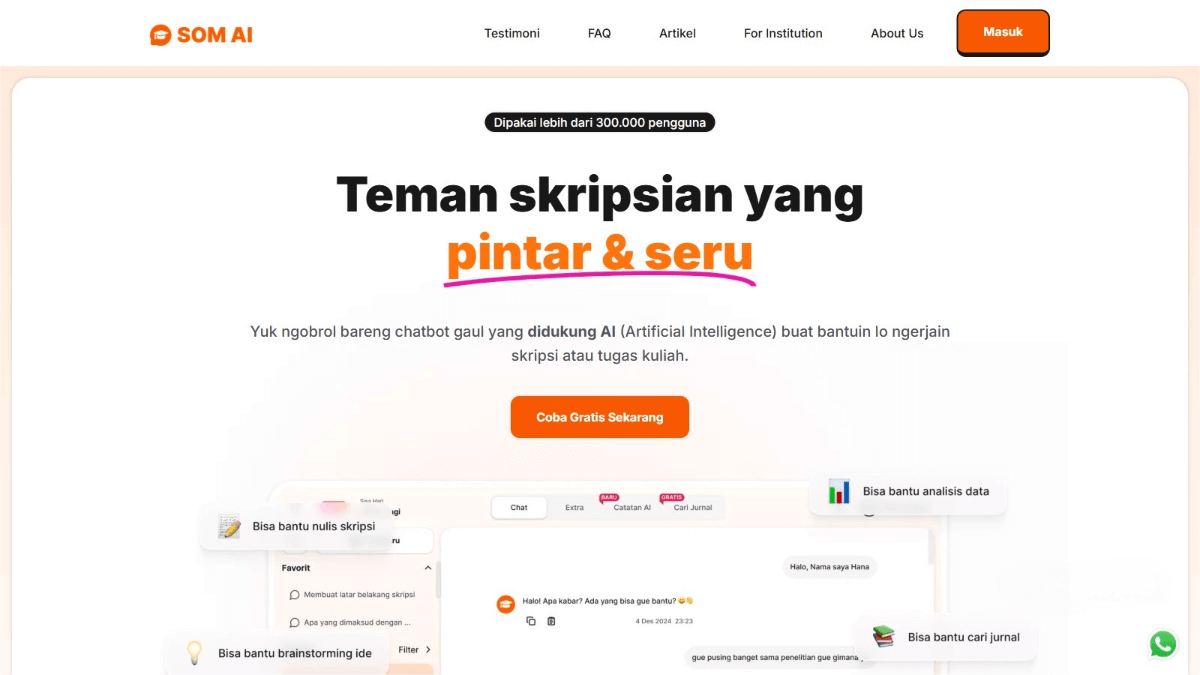What is AlphaEvolve
AlphaEvolve is a coding agent developed by Google DeepMind that integrates the creativity of large language models (LLMs) with automatic evaluators to design and optimize advanced algorithms. It uses both Gemini Flash and Gemini Pro models, continuously refining the most promising algorithms through an evolutionary framework. AlphaEvolve has achieved significant results in areas such as data center scheduling, hardware design, AI training, and solving complex mathematical problems. It has optimized matrix multiplication algorithms, improved data center efficiency, and made breakthroughs on several open mathematical challenges. AlphaEvolve demonstrates strong capabilities in evolving algorithms from specialized domains to broader real-world challenges.

Key Features of AlphaEvolve
-
Algorithm discovery and optimization: Finds new algorithms and optimizes existing ones in mathematics and computational fields.
-
Improved computational efficiency: Enhances scheduling efficiency in data centers, boosts hardware design performance, and accelerates AI training.
-
Solving complex mathematical problems: Proposes novel solutions to complex mathematical problems, such as breakthroughs in matrix multiplication and geometry.
-
Cross-domain applications: Supports use in a wide range of domains, including materials science, drug discovery, and sustainability.
Technical Principles Behind AlphaEvolve
-
Evolutionary computation framework: AlphaEvolve iteratively improves code using evolutionary algorithms. Users define an initial program that includes the code blocks to be evolved and an evaluation function. The LLM generates code modifications (diffs), which are applied to the current program to produce new candidate programs. Each new program is scored based on the evaluation function, which returns one or more scalar metrics. Programs with better scores are selected for the next generation, while some diversity is retained to explore a broader search space.
-
Role of LLMs: The LLM is central to AlphaEvolve, responsible for generating code modifications and proposing new solutions. Its capabilities include:
-
Generating code change suggestions based on the current program and its history. These modifications can range from small tweaks to full rewrites.
-
Adjusting generation strategies based on evaluation outcomes to propose improved solutions in later iterations.
-
Processing rich contextual information (e.g., problem descriptions, related literature, code snippets) to produce code better aligned with task requirements.
-
-
Evaluation mechanism: AlphaEvolve uses an automated evaluation system. Users provide an evaluation function that quantitatively assesses each generated solution. The function typically outputs one or more scalar metrics.
-
Evolutionary database: A specialized database stores all generated programs and their evaluation results throughout the evolutionary process. It:
-
Maintains a comprehensive history of all solutions and their performance metrics.
-
Uses algorithms to preserve diversity during evolution, helping avoid local optima.
-
Enables fast retrieval and selection of top-performing solutions to increase evolutionary efficiency.
-
-
Distributed computation: Multiple tasks run in parallel, with each task waiting for others only when necessary. Computing resources are efficiently allocated to maximize the number of evaluated samples, accelerating evolution. The system supports large-scale cluster computing, making it suitable for problems of various scales.
AlphaEvolve Project Links
-
Project Website: https://deepmind.google/discover/blog/alphaevolve
-
arXiv Paper: https://storage.googleapis.com/deepmind-media/DeepMind.com/Blog/alphaevolve
Application Scenarios of AlphaEvolve
-
Data center scheduling: Discovers efficient heuristics to optimize Borg scheduling, consistently recovering 0.7% of Google’s global computing resources and improving task completion efficiency.
-
Hardware design: Proposes Verilog rewrites that eliminate redundant bits in matrix multiplication circuits, integrated into Tensor Processing Units (TPUs), enhancing collaboration between AI systems and hardware engineers.
-
AI training and inference: Optimizes matrix multiplication operations, boosting the training speed of the Gemini architecture, reducing training time, and improving productivity.
-
Mathematical problem solving: Designs new algorithms, such as improvements in matrix multiplication, and solves open mathematical problems like raising the lower bound of the “kissing number” problem.
-
Cross-domain applications: Applied in fields such as materials science, drug discovery, and sustainability, driving technological advancement.
Related Posts




